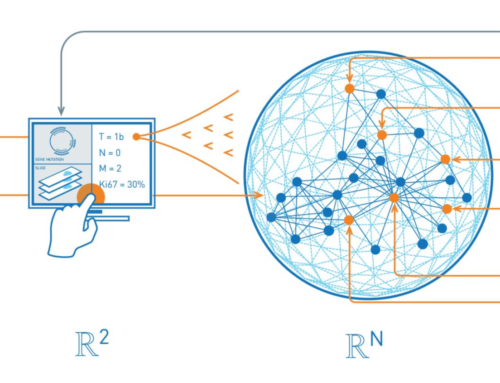Successful eDiscovery Management:
There is no “one size fits all” in eDiscovery. This can be frustrating for those trying to develop consistent eDiscovery processes. Here are a few tips for successful eDiscovery management.
Before putting together an eDiscovery “dream team” consider these factors: what is the organization type, company size, litigation profile, technological proficiency, and data types. Also, weigh business priorities in terms of the level of risk that is willing to be incurred, the importance of cost control, the ability to expand staff, and the time frame that is needed to establish a fully functioning team.
Another important aspect is balance eDiscovery software and tools with people. Even if a team has the best people, they cannot be successful with the proper tools and resources. It is also imperative to keep in mind that tools and resources are useless if they are too complicated. There should be a balance between knowledgeable people, functional and easy-to-use technologies, and adequate resources.
Even the best of teams require continuous training to stay at peak performance. Creating standard operating procedures as new workflows and processes are implemented is a vital step. This is especially important when bringing new people onto the team. A comprehensive eDiscovery manual and quick reference guides also help reduce risk and solidify processes.
eDiscovery teams also require certain roles to be filled. Understanding the critical positions that should be filled helps the success of the team. Legal professionals (lawyers, paralegals, litigation support staff) are needed because they understand the law. They are able to assess what evidence is relevant when establishing or defending a claim. Legal professionals also comprehend the Federal Rules of Civil Procedure and relevant case law. This ensure that eDiscovery processes meet court expectations. Not only is big data here to stay, it is getting bigger. Therefore, data specialists are necessary. They understand the data and know how to preserve, navigate, extract, and lean from it. eDiscovery teams must have at least one member who can manage the overall system. That is where the project managers come into play. They keep track of processes, adhere to budgets, oversee project hand-offs between team members and vendors, control risk level, and design workflows. Without a proper project manager, eDiscovery teams may not work together as smoothly.
Having a competent team that follows standard procedures will make eDiscovery a much easier process. After following these tips, successful eDiscovery management will be achieved.
For more Tidbits & Thoughts, please click here.






